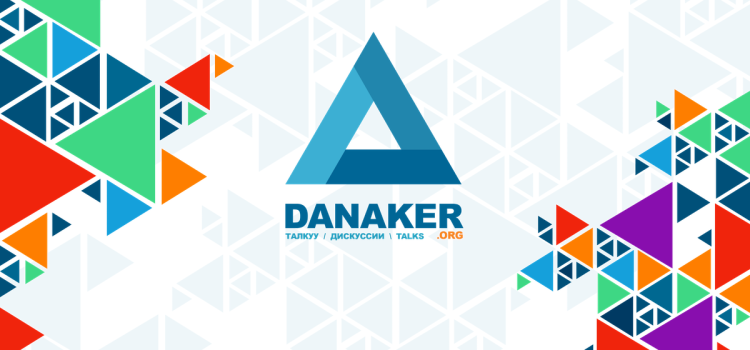On June 6, at a meeting of the parliament, members of the Jogorku Kenesh expressed a number of critical comments on the work of judges. But the responsibility for the quality of the judicial system in one way or another is borne by all branches of government. After all, formally the chairman of the Supreme Court does not have the authority to influence the work of the Council for the selection of judges or the Disciplinary Commission, since they were conceived as independent bodies and their compositions were formed with the participation of the deputies themselves, the president and the Council of Judges.
How to separate the powers and responsibilities of the parties? Members of Parliament Kurmankul Zulushev (“Republic – Ata Zhurt”) and Dastan Bekeshev (SDPK) share their visions.

The quality of court decisions depends on the judges themselves, who must administer justice within the law.
But in such matters the powers of the chairman of the Supreme Court are limited, for example, the chairman has no right to control either the Council for the Selection of Judges or the Disciplinary Commission.
I believe that the procedure for selecting members of the Disciplinary Commission should be changed, and the judges themselves should be represented there.
In addition, the Chairman of the Supreme Court is elected for a term of 3 years. This is too short a period. We need to give 4-8 or 5-10 years so that there is time for the implementation of judicial reform and the solution of personnel issues.
We must create the conditions under which the head of the Supreme Court would decide strategic issues.
At the same time, it must be remembered that the role of the chairman in matters of self-government is very great, as is his responsibility.

No matter how we change the composition of the Council for the selection of judges, the quality of the work of elected judges will not change. We are all people, those whom we select can make mistakes, those whom the Council selects can make mistakes, regardless of whether the parliament or civil society does this selection.
The problem is not who we select, but how the selected judges then administer justice. It is necessary that they exercise justice within certain limits, and that they do not have too much scope for action. Meetings should, in general, be held in open mode, including with audio and video fixation. An online system for receiving complaints and evidence should work, but all this requires funds.
Another problem in corruption, which occurs due to inadequate funding of the judicial system. Whatever ideal person we choose, if he receives 15 thousand soms, and to consider the case for 15 million dollars, there is certainly a risk that he will be tempted.
[This content was automatically translated from the Russian language]



